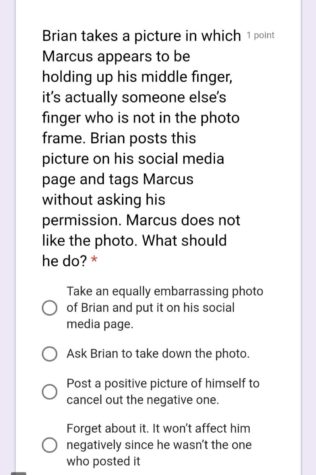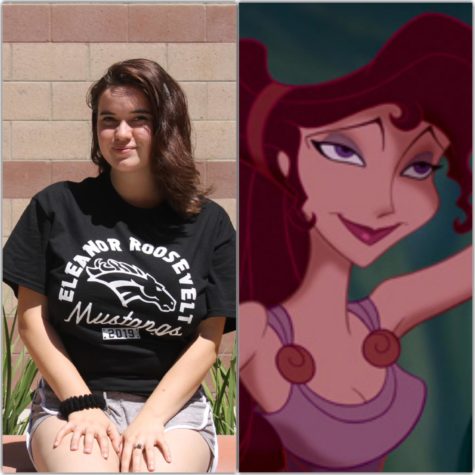Digital Citizenship Lessons
January 18, 2019
It’s the first week back from a winter break, and this week all students were instructed to complete the annual online digital citizenship course to promote social awareness and ensure digital accountability. These videos were designed to help teach students how to be smarter on the internet, from watching the sites you visit, to how to represent yourself on social media. It covered various relevant topics and proposed a series of scenarios that included posting about your friends, and how one should ask permission and make sure the post doesn’t contain anything that could be potentially damaging to said individual.
These lessons may be familiar to students considering that most of the scenarios were arguably common sense. However, courses like this are rather necessary in the world we currently inhabit, that’s predominantly driven by utilizing technology, the Internet, and most importantly social media.
As we’ve seen in recent years, old social media posts are often used to tear down those with successful careers. James Gunn, the writer of Guardians of the Galaxy, was exposed for some tweets made years ago sexualizing children, hence emphasizing the importance of creating and maintaining a reputable online digital footprint, as it can be retraced back to you at any time.
Hence, digital citizenship lessons are designed to help students avoid getting into situations like that in the future. For instance, the follow-up quiz asked students specific questions about scenarios students may be put in. Some of the scenarios included posting a picture about your birthday and choosing options of what is appropriate to caption it with it.

One of the questions asked on the Digital Citizenship Quiz.
While the digital citizenship course is necessary in the eyes of admministration , some students thought it was overkill as they believe they already know these common sense tactics. Tanner Rugg says that the lesson was “unnecessary for [him] but for certain others it’s necessary.”
As for future lessons like these, Rugg thinks “since about every kid uses social media these days that they already know what to say from comments they get from their posts.”


